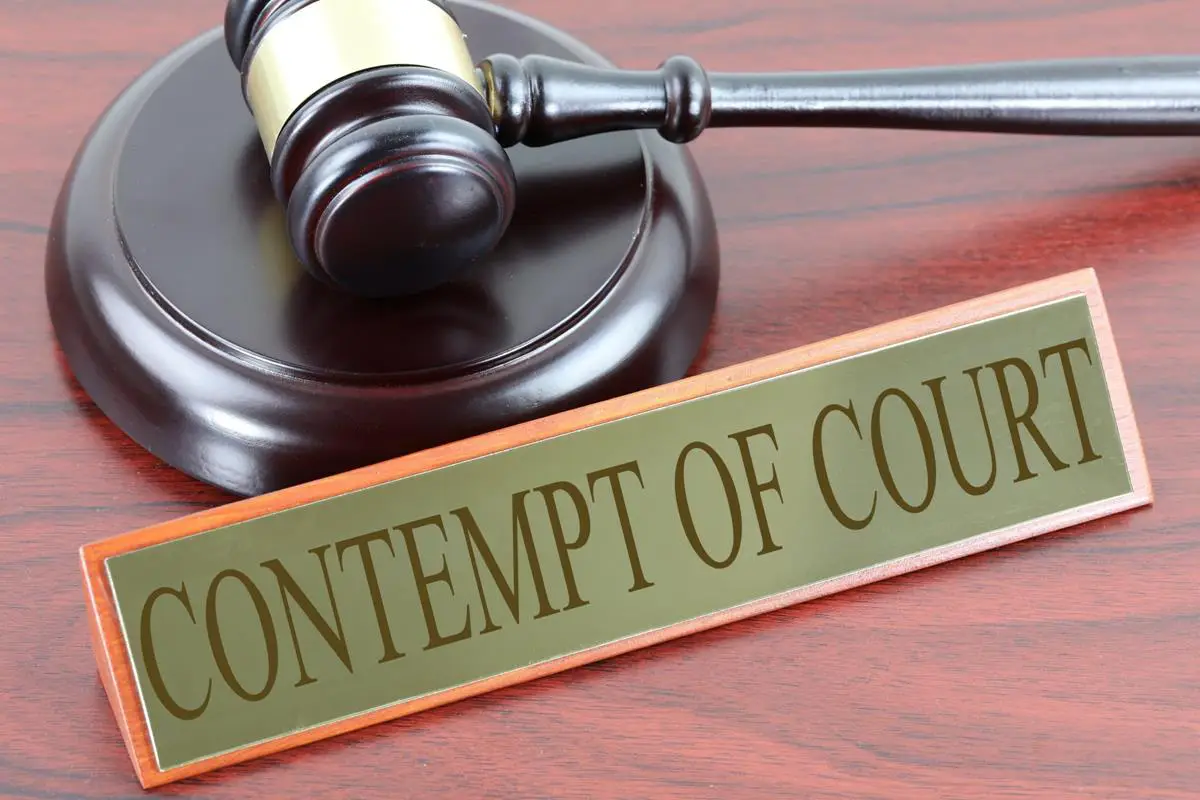About Contempt of Court | UPSC – IAS
Contempt jurisdiction is exercised to uphold the dignity of the judicial system which includes within itself the dignity of courts and tribunals as well and to ensure the majesty of judicial institutions so that it may not be lowered.
- Contempt of court is a concept that seeks to protect judicial institutions from motivated attacks and unwarranted criticism, and as a legal mechanism to punish those who lower its authority.
- Contempt of court – Article 129 and Article 215 empowers the Supreme Court and the High Courts respectively, to punish people for their contempt.
- Article 129, states that “The Supreme Court shall be a court or record and shall have all the powers of such a court including the power to punish for contempt of itself”.
- It is one of the restrictions on freedom of speech and expression under Indian Constitution
- The punishment for contempt of court is simple imprisonment for a term up to six months and/or a fine of up to Rs. 2,000.
Types of Contempt of Court | UPSC – IAS
Contempt of court may be civil or criminal.
- Civil contempt is committed when someone willfully disobeys a court order, or willfully breaches an undertaking given to court.
- Criminal contempt consists of three forms:
- Words, signs and actions that “scandalize” or “lower” the authority of any court.
- Prejudices or interferes with any judicial proceeding.
- Interferes with or obstructs the administration of justice.
- However, innocent publication and distribution of some matter, fair and accurate report of judicial proceedings, fair and reasonable criticism of judicial acts and comment on the administrative side of the judiciary do not amount to contempt of court.
- The Contempt of Courts Act, 1971 was amended in 2006 to introduce truth as a valid defence against a charge of contempt, if it was in public interest and was invoked in a bona fide manner.
Power of Supreme Court | UPSC – IAS
As a Court of Record, the Supreme Court has two powers:-
- The judgements, proceedings and acts of the Supreme Court are recorded for perpetual memory and testimony. These records are admitted to be of evidentiary value and cannot be questioned when produced before any court. They are recognised as legal precedents and legal references.
- It has power to punish for contempt of court, either with simple imprisonment for a term up to six months or with fine up to Rs 2,000/- or with both. In 1991, the Supreme Court has ruled that it has power to punish for contempt not only of itself but also of high courts, subordinate courts and tribunals functioning in the entire country.
NOTE:- The power of contempt is often invoked to ensure compliance with the orders given by the courts and in their execution, and for punishing those who are responsible for the lapses in the manner of compliance.




